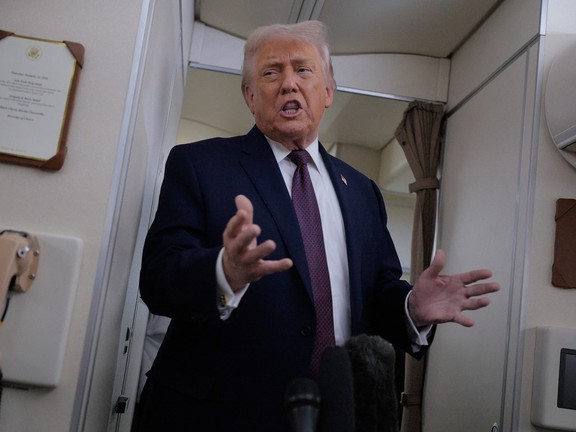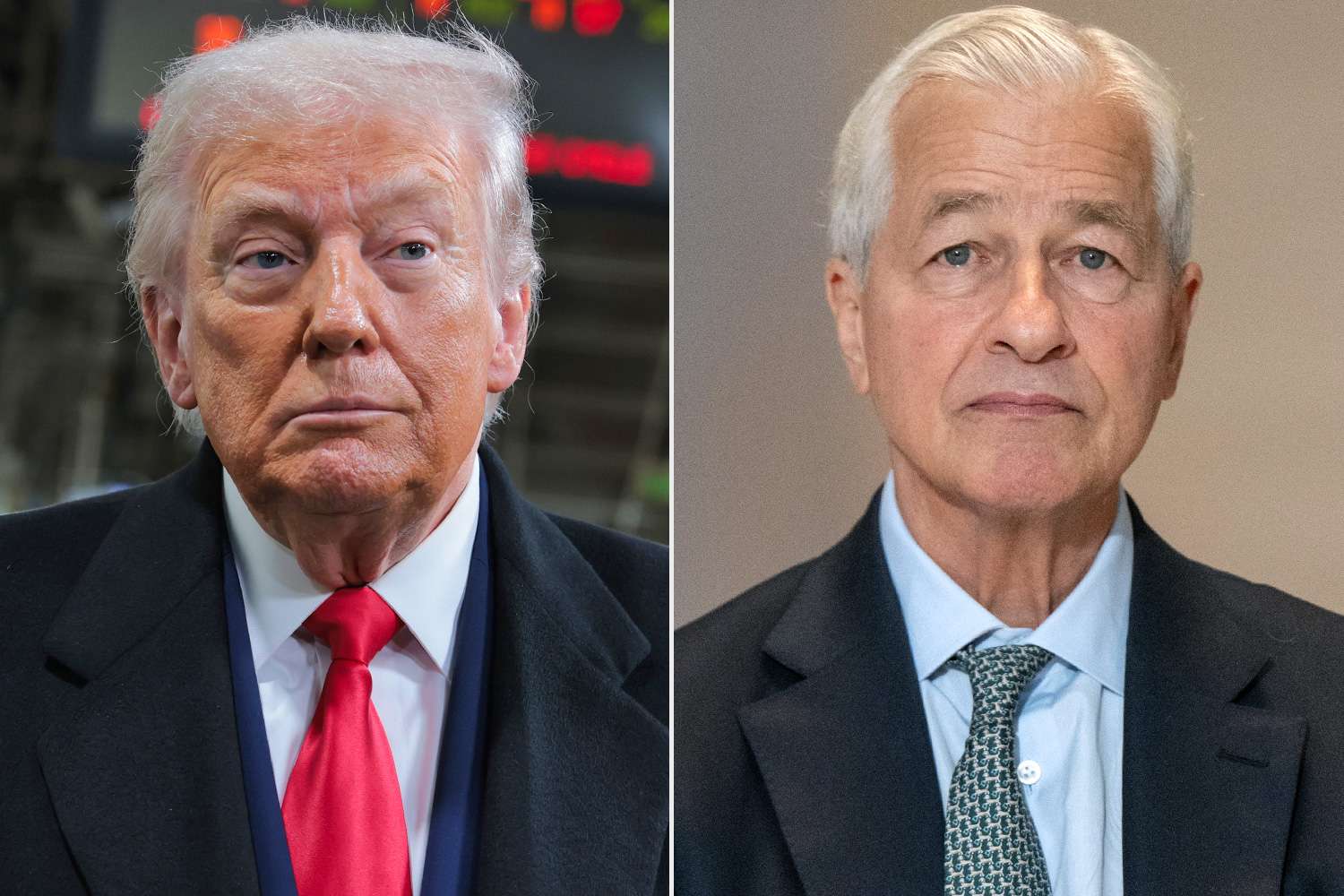French Government Collapses After PM François Bayrou Loses Confidence Vote

Paris, France — French Prime Minister François Bayrou has been ousted after losing a parliamentary confidence vote, deepening France’s political and economic crisis and leaving the country without a functioning government.
In a dramatic vote on Monday, 364 lawmakers voted against Bayrou’s leadership—well above the 280 needed to topple the government—while 194 backed him. The vote was triggered by Bayrou himself in a last-ditch effort to push through a controversial €44 billion ($51 billion) austerity plan, which included scrapping two public holidays and freezing government spending.
Bayrou, who served just nine months in office, is expected to submit his resignation to President Emmanuel Macron on Tuesday. He follows former Prime Minister Michel Barnier, who was also removed by a no-confidence vote in December 2024.
Markets React, Fiscal Uncertainty Grows
The collapse of the government has rattled financial markets. Yields on French government bonds have surged past those of Spain, Portugal, and Greece—countries once at the heart of the eurozone debt crisis. A potential downgrade of France’s credit rating, expected Friday, could further damage investor confidence.
“You have the power to bring down the government, but you do not have the power to erase reality,” Bayrou warned lawmakers before the vote. “The burden of debt, already unbearable, will grow heavier and more costly.”
Political Gridlock and Public Anger
The political turmoil stems from President Macron’s snap election in 2024, which backfired and resulted in a fragmented parliament with no clear majority. Macron’s centrist coalition has since struggled to govern, losing ground to both far-right and far-left parties.
Bayrou’s ouster has renewed pressure on Macron to either dissolve parliament or appoint a cross-party prime minister—an option fraught with political risk. Opposition parties on both extremes have already warned they would not support another centrist appointment and would likely trigger another no-confidence vote.
Potential successors, including Armed Forces Minister Sébastien Lecornu and Justice Minister Gérald Darmanin, are seen as unlikely to unify the fractured assembly. The Élysée Palace says Macron will name a new prime minister “in the coming days.”
Protests Planned, Far Right Rising
Public frustration is escalating. Demonstrators gathered Monday at a symbolic “Bayrou’s farewell party” in Clermont-Ferrand. Meanwhile, left-wing groups have called for nationwide protests on Wednesday under the slogan “Bloquons tout” (“Let’s block everything”), with major trade unions planning a national mobilization on September 18.
Polls suggest another snap election would likely see the far-right National Rally emerge as the largest party, followed by the left-wing coalition. Macron’s bloc would trail in third place—further weakening his ability to govern.
As France faces mounting debt, political paralysis, and widening public discontent, the path forward remains uncertain.
“This is a crisis not just of leadership,” said one political analyst. “It’s a collapse of trust in the system itself.”
Global Implications
The timing of France’s instability comes as Europe grapples with ongoing wars in Ukraine and the Middle East. Analysts warn that chaos in Paris could embolden adversaries like Russian President Vladimir Putin and U.S. presidential hopeful Donald Trump—both known for deriding Europe’s unity and strength.




